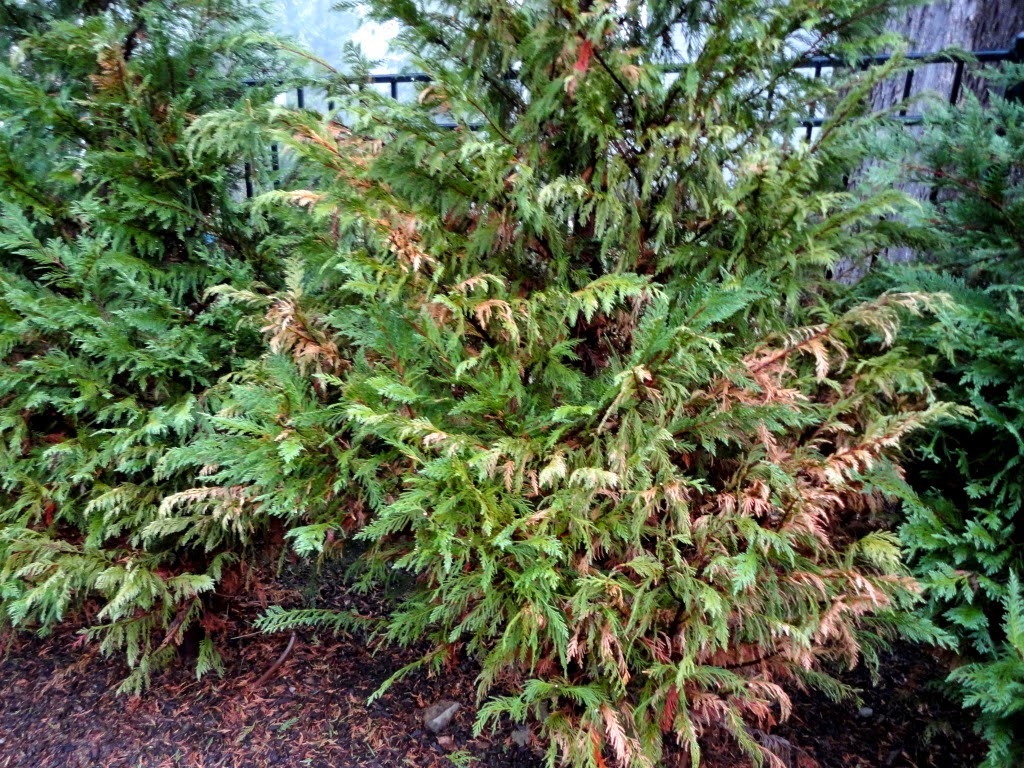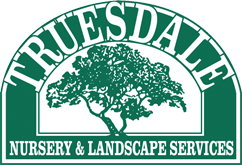
02 Apr Winter Damage to Your Landscape Plants and Trees
Long winters with snow, ice and extreme cold can create a lot of damage to landscape plants. There are both natural and man made problems that can occur. How can you tell which are major problems and which will work itself out? How can you prevent some of these issues from occurring year after year? Let us help.
Branches which are splayed open – not damaged but severely bent – can be caused by snow and ice weight during winter. Some of these branches will bounce back on their own but some will need to be tied up or trimmed. This can mostly be prevented by proper pruning techniques done at the appropriate time of year.
Defoliation or brown leaves of evergreens in winter (winter burn or scorch) is usually seen with broadleaf evergreen more than needle evergreens and it is caused by desiccation. Desiccation is when moisture that the plant needs during the harsh winter months is lost due to the sunny/windy weather. Unfortunately, the plant cannot derive the needed moisture from the frozen soil. This is another problem that can be prevented with an anti-desiccant which would be applied in late fall/early winter. An anti-desiccant treatment forms a protective wax-like layer which seals in moisture and helps retard winter dehydration.
De-icing may also cause leaf scorch. De-icing damage can be caused by casual salting of the area near your landscape plants or from runoff from the roads that contain dissolved salts. This can be prevented by making sure the soil in these areas are heavy in nutrients to help the plants during the winter, planting more hardy plants that can handle the salt better, or being extra careful on salt distribution around your landscaped areas.
With some of these problems, the plant in spring will grow out these areas and new growth will come in. In other cases, you might need some fertilization to strengthen the plant and give it the nutrients it needs to heal. If the area is damaged and there is no new growth potential, the area will need to be trimmed.
Not sure what to do? Not a problem – just call us and we will help.


